Technology Concept Formulated
Proof of Concept
Technology Validation
Scaling and Piloting a Prototype
Schmidt Marine supports the development of technologies that have the potential to solve ocean conservation challenges at scale. We support technologies as early as TRL 2, when our partners often have little more than their basic concept or application formulated.
We typically offer both financial and non-financial support while grantees establish proof of concept in a lab setting. For example, we might help them design their business model, develop their IP plan, and establish their data infrastructure.
Throughout these levels, we continue to offer as-needed support while grantees validate their technologies in relevant environments. Technologies deployed on the ocean must be rugged enough to withstand unique challenges such as pressure, salinity, and biofouling.
By this level, prototypes are significantly more sophisticated and functional. We guide grantees through additional pilots to help further validate and promote future adoption at scale.
The NABIT is conceptualized by Conservation X Labs in 2016 to prevent wildlife trafficking and reduce mislabeled seafood, and we decide to provide seed funding to explore the idea of a "DNA laboratory in your pocket."
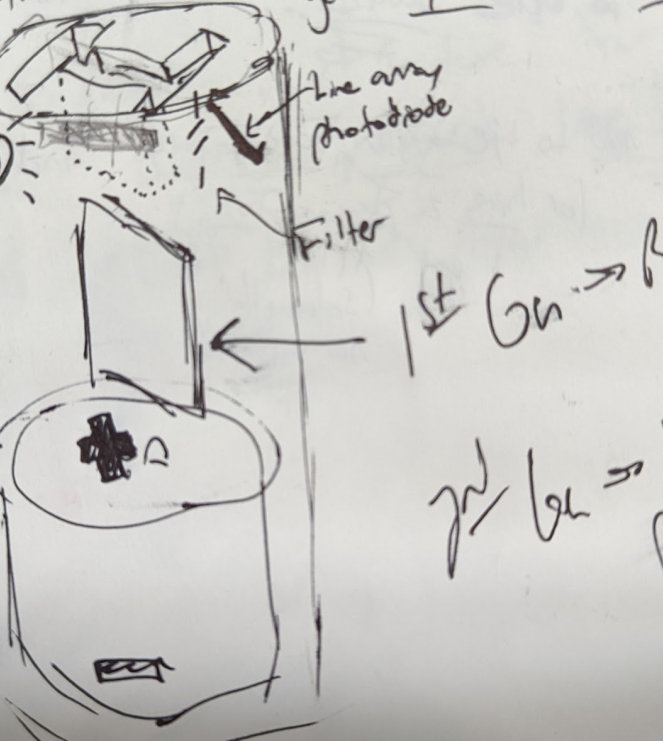
The NABIT technology demonstrates that rapid, hand-held DNA testing is feasible in a lab setting when a bare-bones prototype comes online.
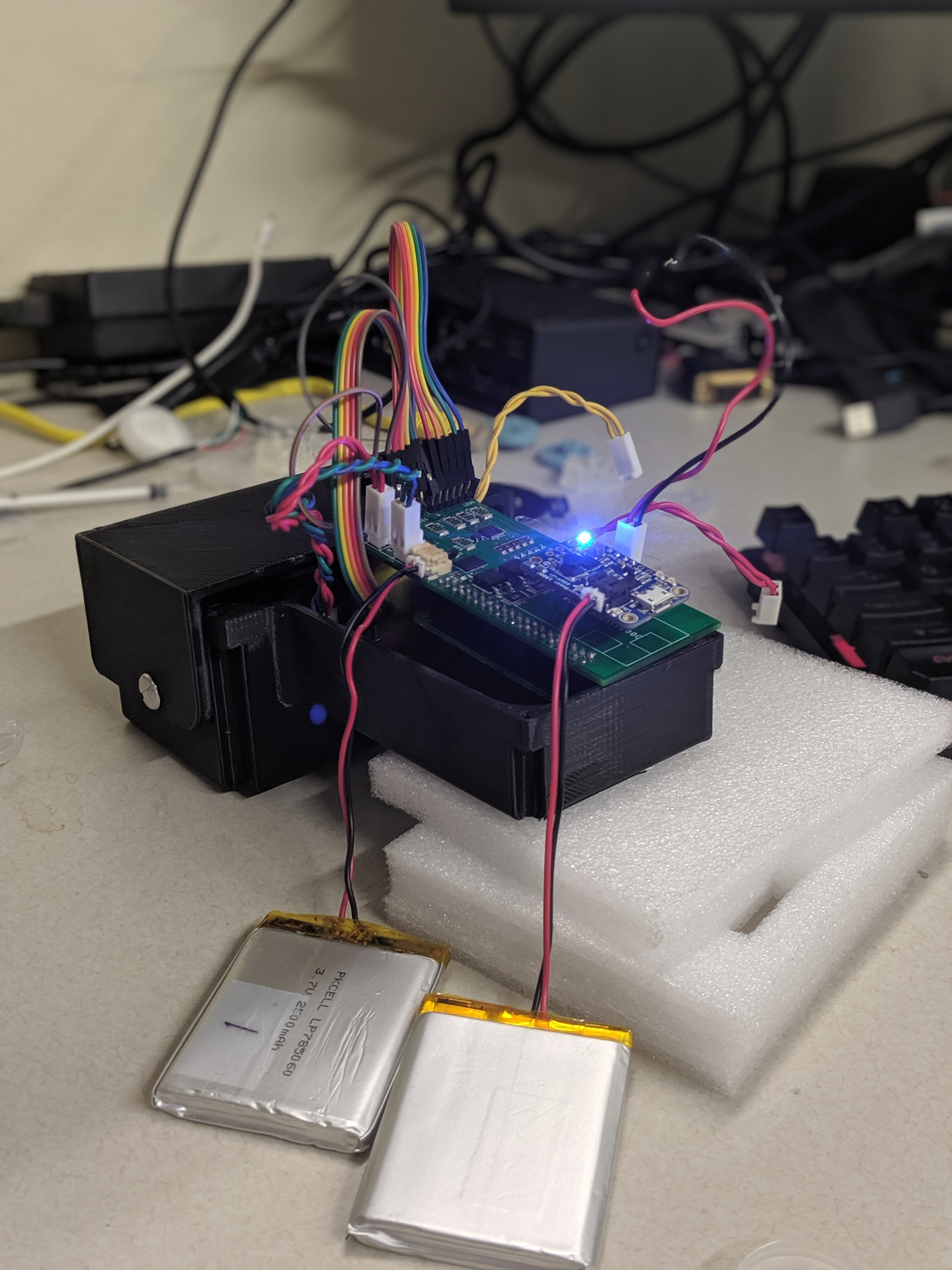
After deploying several prototypes to the Port of Seattle, positive feedback validates the idea that rapid DNA testing can be used in real-world settings.
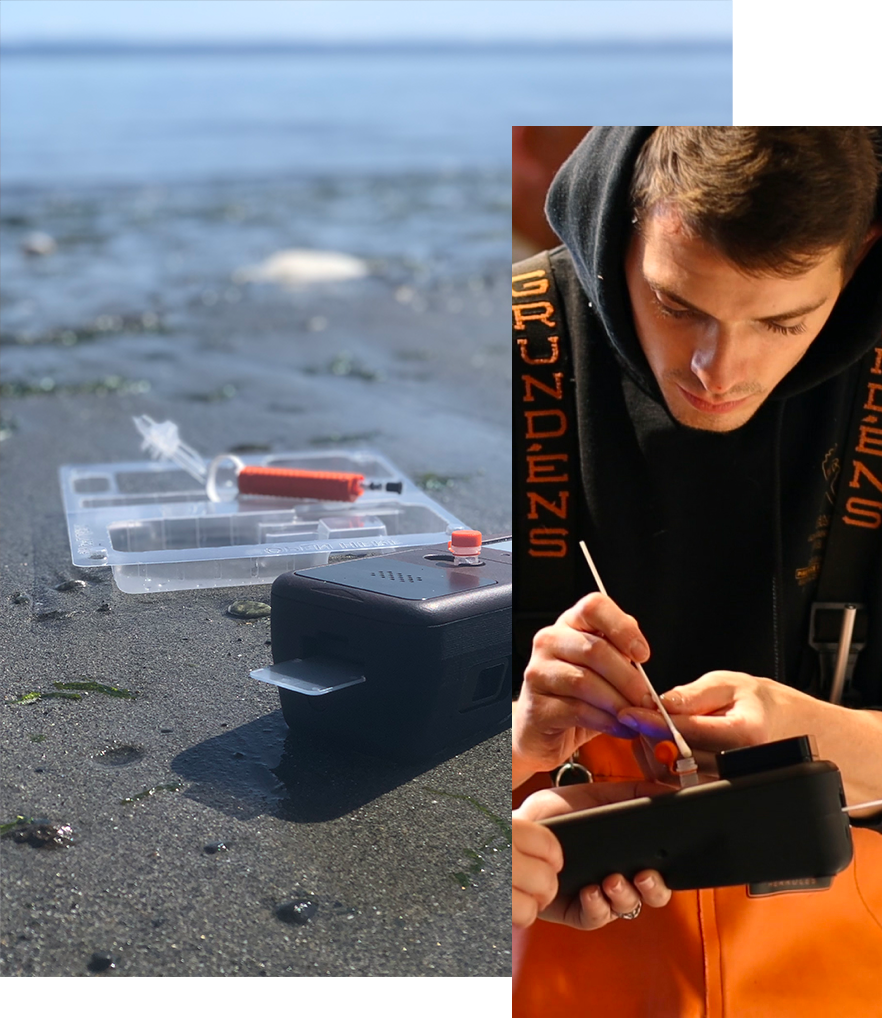
The CXL team continues to drive down cost and increase efficiency of the NABIT. They also begin to develop NABIT's ability to rapidly detect COVID-19, expanding its use-cases. CXL creates a for-profit company, Thylacine Biosciences, to commercialize and scale the NABIT.
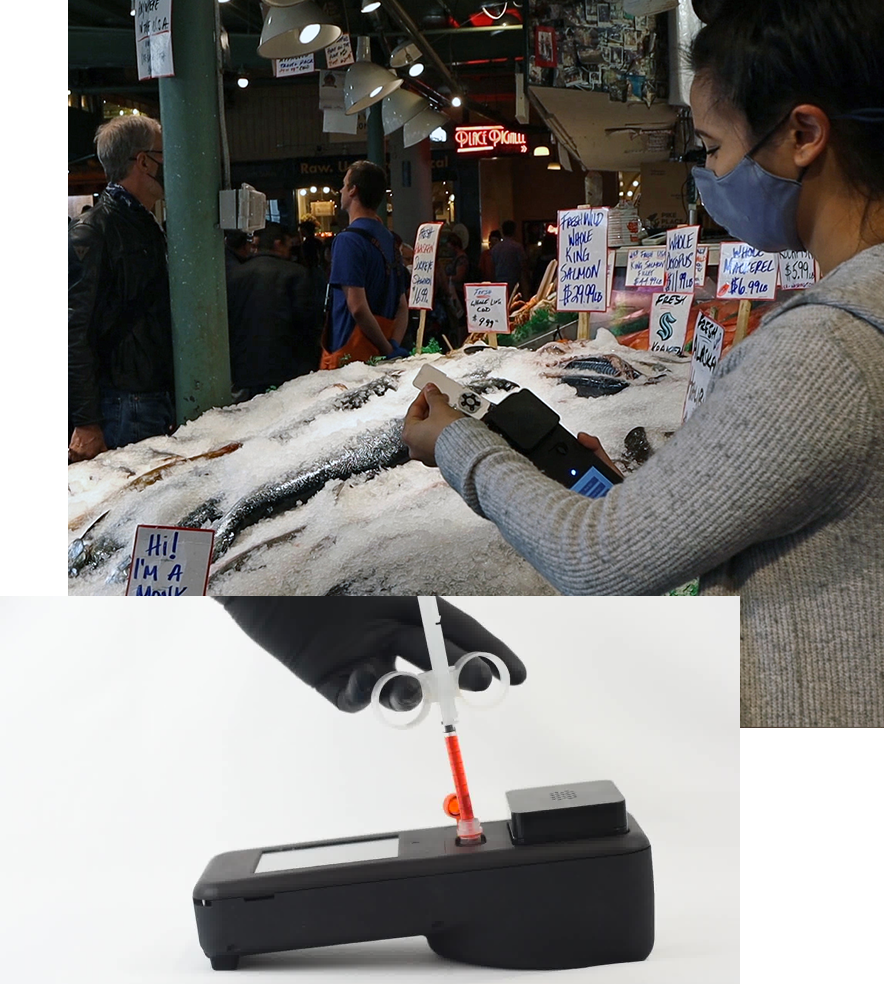
Creating Real-world Impact At Scale
Grantees graduate from our program when their technology is ready to start solving problems on a meaningful scale. Now, they can focus on expanding impact through investment, licensing, or open-sourcing.
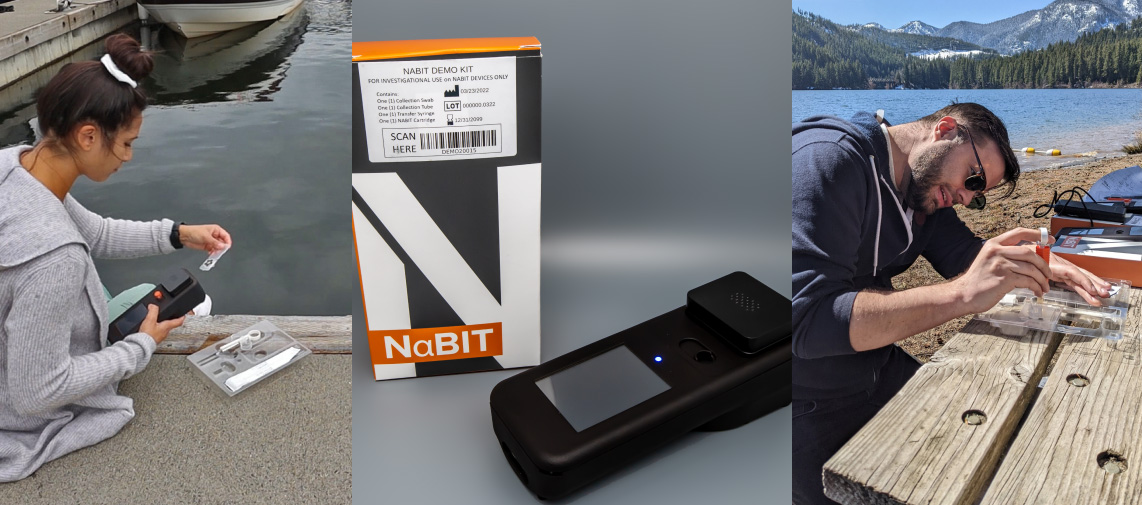

In 2021, CXL spins out Thylacine Biosciences, a for-profit company, to commercialize the NABIT. Thylacine seeks to scale the use of the NABIT to match the scale of seafood fraud and wildlife trafficking globally, bringing transparency to supply-chains worldwide.
Is Your Idea Next?
We’re building a global community of changemakers who are equipped to solve the ocean’s most pressing challenges. We’re always looking for new, future-focused ideas to help grow into impactful solutions.
Submit a proposalTechnology Concept Formulated
Schmidt Marine supports the development of technologies that have the potential to solve ocean conservation challenges at scale. We support technologies as early as TRL 2, when our partners often have little more than their basic concept or application formulated.
The NABIT is conceptualized by Conservation X Labs in 2016 to prevent wildlife trafficking and reduce mislabeled seafood, and we decide to provide seed funding to explore the idea of a "DNA laboratory in your pocket."

Proof of Concept
We typically offer both financial and non-financial support while grantees establish proof of concept in a lab setting. For example, we might help them design their business model, develop their IP plan, and establish their data infrastructure.
The NABIT technology demonstrates that rapid, hand-held DNA testing is feasible in a lab setting when a bare-bones prototype comes online.

Technology Validation
Throughout these levels, we continue to offer as-needed support while grantees validate their technologies in relevant environments. Technologies deployed on the ocean must be rugged enough to withstand unique challenges such as pressure, salinity, and biofouling.
After deploying several prototypes to the Port of Seattle, positive feedback validates the idea that rapid DNA testing can be used in real-world settings.

Scaling and Piloting a Prototype
By this level, prototypes are significantly more sophisticated and functional. We guide grantees through additional pilots to help further validate and promote future adoption at scale.
The CXL team continues to drive down cost and increase efficiency of the NABIT. They also begin to develop NABIT's ability to rapidly detect COVID-19, expanding its use-cases. CXL creates a for-profit company, Thylacine Biosciences, to commercialize and scale the NABIT.

Creating Real-world Impact At Scale
Grantees graduate from our program when their technology is ready to start solving problems on a meaningful scale. Now, they can focus on expanding impact through investment, licensing, or open-sourcing.


In 2021, CXL spins out Thylacine Biosciences, a for-profit company, to commercialize the NABIT. Thylacine seeks to scale the use of the NABIT to match the scale of seafood fraud and wildlife trafficking globally, bringing transparency to supply-chains worldwide.
Is Your Idea Next?
We’re building a global community of changemakers who are equipped to solve the ocean’s most pressing challenges. We’re always looking for new, future-focused ideas to help grow into impactful solutions.
Submit a proposal